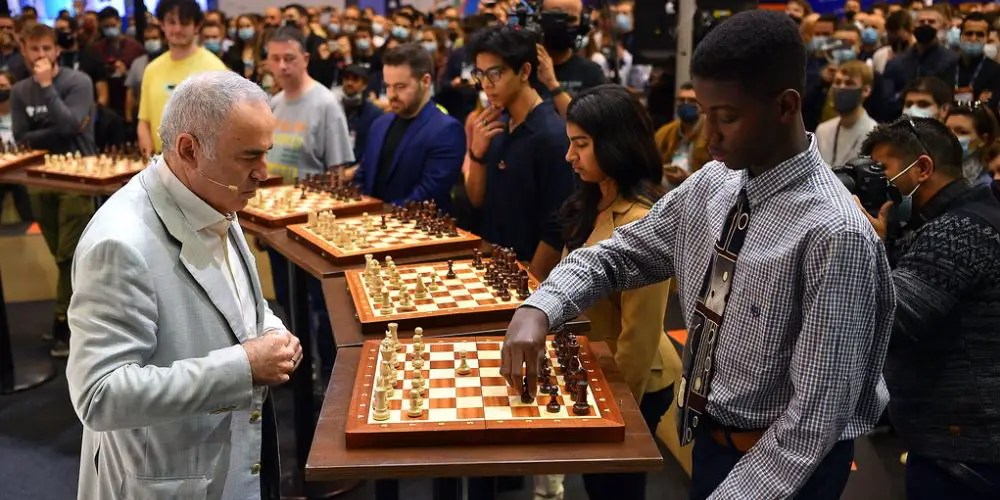Havana Cuba. – In May 2005 the eminent Russian chess player Garry Kasparov announced that he was retiring from playing science to pursue politics. By then, the Grand Master, who was Chess Champion from 1985 to 1993, had won all possible laurels, establishing himself as one of the best chess players of all time.
Kasparov became the youngest player to win the International Chess Federation (FIDE) world title. Almost continuously, from 1986 to 2005, he topped the organization’s world ranking, with an all-time record of 2,851 points reached in 1999, which was only surpassed in April 2014, when Grandmaster Magnus Carlsen scored 2,882 points.
On 11 occasions Garri Kasparov was the winner of the Chess Oscar. His match against Anatoli Karpov for the world title, in 1984, became the longest in history, with 46 games, breaking the record set in 1927 by the grandmasters. Jose Raul Capablanca and Alexander Alekhine, who had to meet 34 times before the championship was decided in favor of the Russian.
That meeting between Kasparov and Karpov was the first and last to be abandoned without results. After sustained ups and downs for both parties, FIDE decided to suspend it, alleging the deterioration in the health of the two players, especially Kárpov, who had to be hospitalized on several occasions, although he made it clear that he wanted to continue the game.
The Federation insisted on suspending the competition to the chagrin of Kasparov, who the following year finally won the world crown, after defeating Karpov 13-11 and becoming the youngest world champion in history, aged 22 years and six months.
After winning the Russian Chess Championship (2004), the last major title he had yet to conquer, Kasparov announced his intention to retire, which he fulfilled the following year to devote himself fully to politics. He founded the Civic United Front, whose main goal is to protect electoral democracy in Russia. Kasparov is among the most critical opponents of Vladimir Putin, a position for which he has come under various attacks.
The post Garri Kasparov: from the board to politics appeared first on CubaNet.















